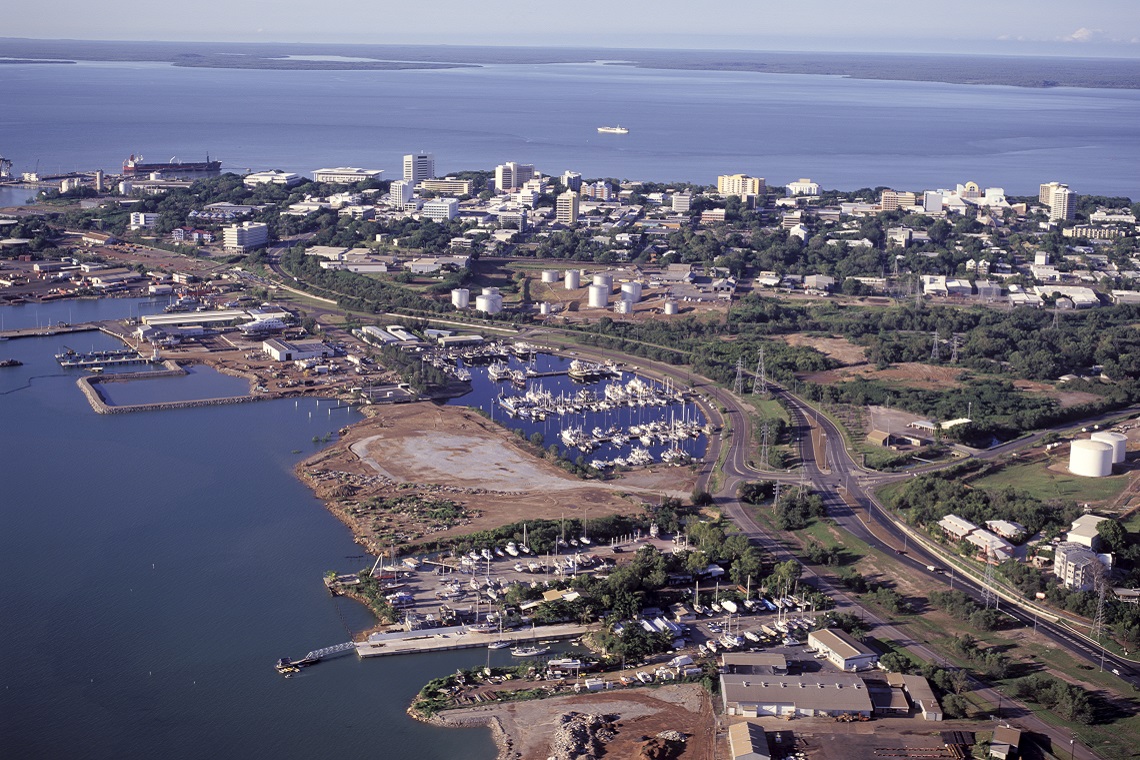The Northern Territory Government has announced that it plans to introduce minimum unit pricing (MUP) on 1 July, as part of the Northern Territory Alcohol Harm Minimisation Plan 2018-19, coming from last year’s Riley Review.
The announced measure will see a MUP of $1.30, meaning that a bottle of white wine at 12.5 per cent ABV, which contains 7.4 standard drinks will cost a minimum of $9.62, while a bottle of red at 14 per cent ABV and with 8.3 standard drinks will cost at least $10.79.
Fergus Taylor, Executive Director of Alcohol Beverages Australia, said that the industry supports the majority of recommendations made to the NT Government as part of its Riley Review, but added that MUP does not change habits of harmful drinkers and unfairly punishes responsible drinkers.
“Broad based consumption measures like minimum unit pricing punish responsible drinkers with big price increases but do not effectively target harmful drinkers because they are the least responsive to price rises,” Taylor told TheShout.
“The industry acknowledges the complex issues underlying alcohol abuse in the NT, and already imposes voluntary restrictions on prices and products as part of local liquor accords. It is very important any trial is carefully evaluated to see exactly what impact the new minimum price has on alcohol misuse.
“The industry supports the majority of recommendations in the Riley Review and will continue to work with Government to engage local stakeholders in tailored solutions that target alcohol harm where it exists, and leave responsible drinkers alone.”
The move will also see significant changes to the pricing of cask wine, with a two-litre cask soon to cost a minimum of $27.30.
Speaking in his column in the March issue of National Liquor News, the CEO of the Australian Liquor Stores Association, Terry Mott, said this move will “deprive many pensioners from economical glass or two a day of enjoyment.”
He added: “It is important that industry do work together to challenge Governments to stop and listen to advice before the development of these policies and to ensure that any new regulatory initiatives are based on sound evidence to only impact on those individuals who are doing the wrong thing by themselves or others around them.”
The Riley Review was delivered to the Government in October last year and the NT’s Attorney General, Natasha Fyles said the Government was giving in-principle support to consider implementing all but one recommendation around a total ban on the trade of take away alcohol on Sunday.
“We have worked efficiently to reintroduce the Liquor Commission, establish a community impact test for significant liquor licensing decisions, extend and expand a moratorium on all new takeaway liquor licences and establish a unit in the Department of the Chief Minister to drive reforms (the Alcohol Review Implementation Team- ARIT),” the Minister said.
“There is still considerable work to be done in consultation and modelling to address the 33 recommendations that we support in-principle. While we support the outcomes of these recommendations, we’ll work with community and stakeholders to consider the best possible models of implementation for the Territory context.”
The Government is also backing the implementation of risk-based licensing, but Taylor told TheShout this model “exposes operators to significant penalties for social issues that are beyond their control.”
He added: “The industry supports licences that encourage membership of industry associations and strict adherence to agreed codes of conduct.”
Minister Fyles said work is well underway with 22 of the Riley Report’s recommendations completed and a further 74 are in progress.

